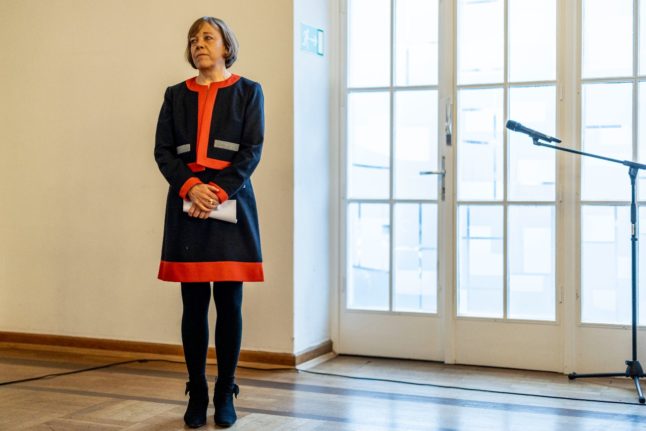Kurschus denied any knowledge of the abuse but said she was resigning “to prevent damage to my church”.
The 60-year-old theologian has been caught in a storm of media reports that she was informed about allegations against her former colleague in the church district of Siegen but did nothing about it.
The man is now being investigated by police.
Kurschus said she had known the suspect’s family for a long time and was aware of both his homosexuality and his marital infidelity.
She said she had sought to protect the family but came under fire over “a lack of transparency”.
“It is all the more bitter because I have never — and I stress this — never sought to shirk my responsibility, withhold important facts, cover up facts or even cover up for an accused person,” she said.
READ ALSO: Record number of Catholics leave German Church
While the Catholic Church has for years been in turmoil over sexual assault claims, its Protestant counterpart has been largely unscathed.
A study commissioned by the German Bishops’ Conference in 2018 concluded that 1,670 Catholic clergymen in the country had committed some form of sexual attack against 3,677 minors between 1946 and 2014.
The real number of victims is thought to be much higher.
An 800-page report on the Cologne diocese alone, released in 2021, found 202 alleged perpetrators of sexual assault and 314 victims between 1975 and 2018. More than half of the victims were under 14
The Catholic Church’s payouts for victims of abuse in Germany were increased in 2020 to up to €50,000 from around €5,000 previously, but campaigners say the sum is still inadequate.
Last year alone around €28 million in payments were approved.
READ ALSO: German Catholics challenge Vatican with sweeping reform drive



 Please whitelist us to continue reading.
Please whitelist us to continue reading.
Member comments